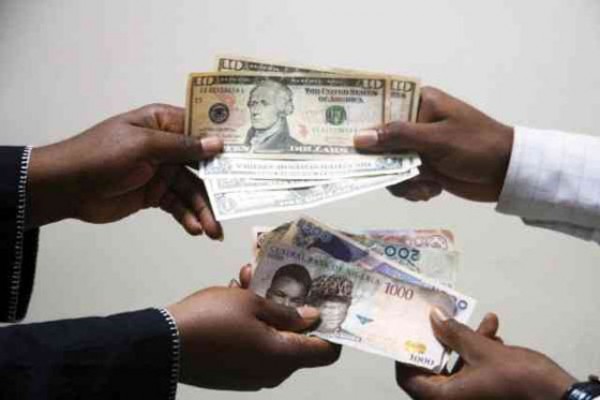In a sign that the international investor community has confidence in the Nigerian economy, the country’s second Eurobond was oversubscribed, raising the intended total of $1bn.
The sale of the five- and ten-year bonds generated decent, albeit non-exceptional demand, raising the funds that the government intends to invest into power transmission projects, according to a person with knowledge of the sale.
The valuations of the new Eurobonds also look cheap, said Samir Gadio, an emerging markets strategist at Standard Bank, in London.
“The price guideline for the ten-year implies a spread over United States Treasuries (UST) of 415 basis points (bps) while the outstanding 21s trade at 343 bps over UST at the moment,” Gadio said yesterday, in an email response to questions.
“Besides, emerging market Eurobonds have gained ground in recent days, suggesting that there is probably more yield compression potential in the secondary market in the immediate near term, especially if the typical bid from local financial institutions also materialises.”
Developing nations sold $35.5 billion of dollar debt in the first half, with yields as little as 2.72 percent, as investors searched for higher returns, according to data compiled by Bloomberg.
Emerging sovereign bonds have however lost their bid since May 22 as Federal Reserve Chairman Ben S. Bernanke signaled the central bank may reduce its $85 billion a month of bond purchases this year, leading to higher yields.
“The government will still have to pay a higher external funding cost than what it could have secured a couple of months ago and only shy of the initial levels of the Jan 2021 Eurobond (at the time a coupon of 6.75 percent and yield of 7 percent), “ Gadio notes.
Nigeria’s total debt stood at 17 percent of Gross Domestic Product (GDP) as at March 2013, according to data from the Debt Management Office (DMO).
This comprises of N6.5 trillion in domestic debt (excluding AMCON bonds), and $6.67 billion in foreign dollar debt.
Nigeria was upgraded to BB- with a stable outlook, by Standard & Poor’s last year.
The nation’s budget deficit will narrow to 1.85 percent of GDP in 2013, from 4 percent in 2009.

